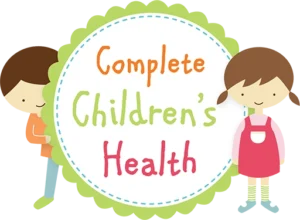As the pandemic drags on and we are in and out of lockdowns, there are increasing signs this is affecting children and parent’s mental health. All children are particularly vulnerable due to their limited understanding of the pandemic. It is harder for them to communicate their feelings or to understand.

In addition, for parents with children on the spectrum, the uncertainty and disruption of daily routines and schedules significantly affects them even more. During this time, children on the spectrum are more likely to show behaviours like irritability, aggression, and even social withdrawal.
Children pick up on adult communication and actions relating to the pandemic, so it is vital to be aware of how you act and react around children to lessen the negative impact on them.
Online learning has led to an isolated learning environment, combined with winter in Melbourne and ongoing lockdowns. As a result, children have become less active, sleep more, spend more time on screens or in front of the TV and play outside less. There has been a big push to get children outdoors for physical activity as physical activity reduces symptoms of anxiety and depression.
Children can’t verbalise how they are feeling – so the CARD system may help, along with some of the links below:
CARD system:
Comfort: Talk to your child, so they have some control over the situation. Empower them and avoid exposure to news. Create routines and create a comfortable environment.
Ask: Give your child a chance to open by asking questions to know how they are feeling. That allows them to verbalise any concerns that they may have.
Relax: Read a book, do things your child enjoys doing.
Distract: Games, puzzles, activities, video games – Overseas research has shown that video games provide a temporary escape from reality and social interactions for children. Although it is believed that video games have a negative effect, this research also showed that the impact on mental health and well-being was minimal during this time.
Children who continue to demonstrate moderate to high levels of emotional or behavioural difficulties may require professional intervention, and we can help as the never-ending cycle continues. We all need to be alert to this possibility.
References:
https://kidshelpline.com.au/coronavirus
https://pursuit.unimelb.edu.au/articles/victorian-kids-mental-health-hit-hardest-during-2020
https://kidshelpline.com.au/coronavirus
https://www.ncbi.nlm.nih.gov/pmc/articles/PMC7444649/
Mc Masters University – https://www.youtube.com/watch?v=HYanhlwD778
